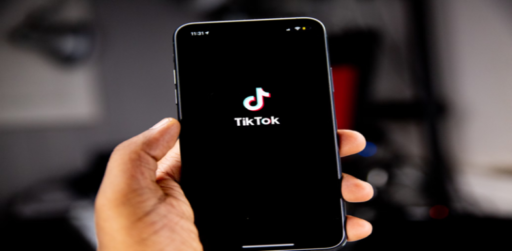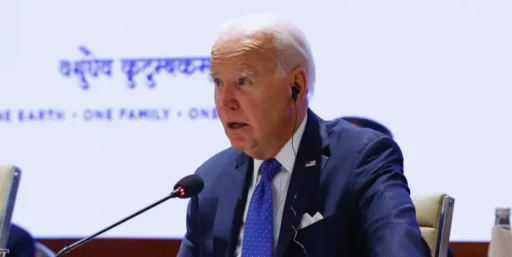Experience and Expertise
Justin Nichols brings over two decades of sales and management experience, specializing in IoT solutions, capital equipment, and managed services within the industrial and energy sectors. As the Director of Sales at OptConnect, Justin excels in securing complex deals, managing channel sales, and expanding enterprise sales across diverse markets. His expertise in engineering, consultative selling, and project management drives growth and performance for OptConnect and its partners.
The Role of IoT in Energy Transition
The transition to sustainable energy systems is a pressing global challenge, demanding innovative technologies to optimize efficiency and integration across various sectors. Among these transformative technologies, the Internet of Things (IoT) stands out for its ability to reshape energy management. By enabling efficient monitoring, management, and optimization of energy resources, IoT technologies play a pivotal role in advancing the energy transition across multiple fronts.
The Importance of Secure Connectivity
In a conversation with REM, Justin emphasizes the significance of secure connectivity in today’s energy systems. He underscores that IoT provides the backbone for reliable and resilient energy management, enabling safe, real-time monitoring, and data collection from distributed energy resources. Secure data transit is essential for protecting systems against cyber threats while ensuring efficient and adaptable energy operations.
Optimizing Renewable Energy Sources
Justin explains how IoT facilitates real-time monitoring and predictive maintenance for renewable energy sources like solar. These capabilities minimize downtime, improve grid stability, and enhance the integration of renewable resources into the energy mix. Despite cybersecurity challenges, IoT’s robust capabilities provide a foundation for maximizing the efficiency of solar energy solutions.
Impact on Consumer Engagement
IoT transforms how energy providers operate and how consumers manage their energy usage. By delivering detailed consumption data and personalized insights, IoT empowers consumers to make informed decisions and drive behavioral changes toward greater energy efficiency and sustainability. Additionally, IoT facilitates the rise of decentralized energy systems, reducing dependencies on centralized grids and enhancing community resilience.
Addressing Challenges
While IoT introduces transformative potential, it also brings challenges, particularly in cybersecurity and data privacy. Justin highlights the importance of strategic implementation to address these concerns, emphasizing continuous monitoring and advanced cybersecurity protocols to enhance system security and reliability.
Investing in a Sustainable Future
As the energy sector evolves, investing in IoT is crucial for shaping a resilient, efficient, and sustainable energy framework. For energy stakeholders, IoT represents a technological upgrade and a strategic move toward a brighter future for global energy systems. By leveraging IoT solutions, stakeholders can navigate the complexities of the energy transition and build a more sustainable world.











